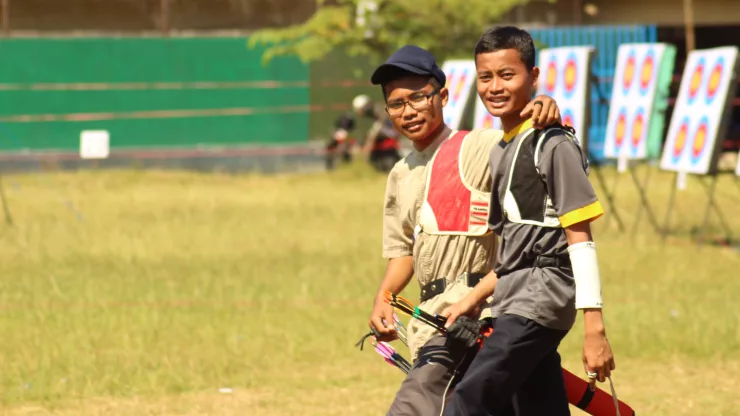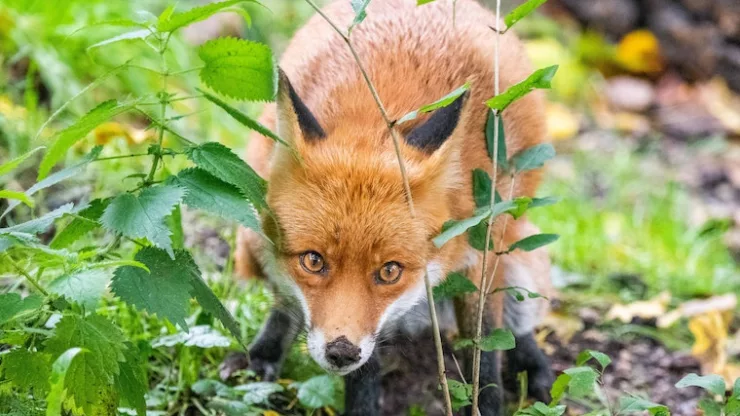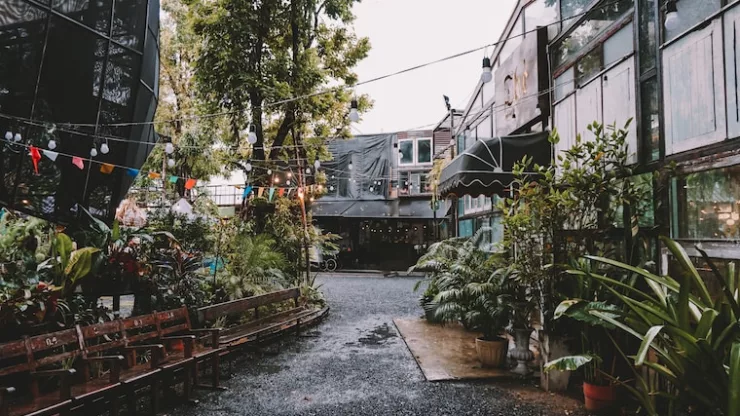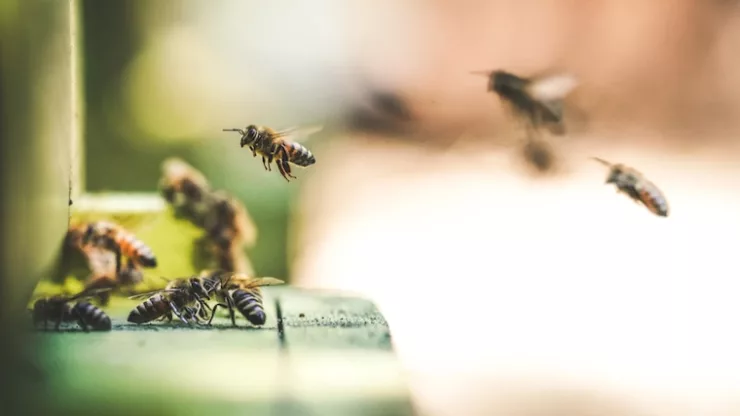Jump to Section
Mitigating Human-Wildlife Conflicts in Urban Spaces
As urbanization continues to expand, human-wildlife conflicts are becoming increasingly common.
These conflicts can occur when wild animals invade urban spaces, causing damage to property, posing threats to human safety, and disrupting the natural balance of the ecosystem.
It is essential to find ways to mitigate these conflicts and create sustainable coexistence between humans and wildlife.
Understanding Human-Wildlife Conflict
Human-wildlife conflict refers to situations where the needs and interests of humans and wild animals intersect, leading to negative outcomes.
This conflict can occur in both rural and urban areas, but it is more prevalent in urban spaces due to the proximity of people and wildlife.
Some examples of human-wildlife conflicts in urban areas include raccoons raiding trash cans, coyotes attacking pets, and deer damaging gardens.
The Importance of Mitigating Conflicts in Urban Areas
Mitigating human-wildlife conflicts in urban areas is crucial for several reasons. First and foremost, it is necessary to ensure the safety of both humans and wildlife.
Conflicts can result in injuries or even fatalities, and it is essential to take steps to prevent these outcomes.
Additionally, mitigating conflicts can help to protect property and prevent economic losses.
Finally, mitigating conflicts is necessary for the long-term sustainability of the ecosystem.
If wild animals are not managed properly, they can cause damage to the environment and disrupt the natural balance of the ecosystem.
Effective Strategies for Reducing Human-Wildlife Conflicts
There are several effective strategies for reducing human-wildlife conflicts in urban areas. These include:
- Habitat modification: Modifying the environment to make it less attractive to wildlife. This can include removing food sources, installing fencing, and using scare tactics.
- Education and outreach: Providing information to the public about how to coexist with wildlife and take steps to prevent conflicts.
- Wildlife management: Developing plans to manage wildlife populations in urban areas, including trapping and relocation, sterilization, and euthanasia.
- Collaboration: Working with local governments, conservation organizations, and wildlife experts to develop effective management strategies.
Creating Sustainable Coexistence Between Humans and Wildlife
Creating sustainable coexistence between humans and wildlife requires a long-term commitment to managing the ecosystem.
This involves developing comprehensive management plans that take into account the needs and interests of both humans and wildlife.
It also involves educating the public about the importance of coexisting with wildlife and taking steps to prevent conflicts.
With the right approach, it is possible to create a sustainable ecosystem that benefits both humans and wildlife.
FAQ
How can I prevent wild animals from invading my property?
There are several steps you can take to prevent wild animals from invading your property. These include:
- Secure garbage cans and compost bins
- Remove attractants like bird feeders and pet food
- Install fencing or other barriers
- Use scare tactics like motion-activated lights or loud noises
What should I do if I encounter a wild animal in an urban area?
If you encounter a wild animal in an urban area, it is essential to remain calm and avoid approaching the animal.
Keep a safe distance and do not attempt to feed or touch the animal.
If the animal appears injured or sick, contact a wildlife rehabilitation center or animal control agency.
How can I support efforts to mitigate human-wildlife conflicts in urban areas?
You can support efforts to mitigate human-wildlife conflicts in urban areas by:
- Educating yourself about the issue
- Encouraging your local government to develop comprehensive management plans
- Supporting conservation organizations working on this issue
- Taking steps to prevent conflicts on your property
I’m a nature enthusiast and creator of Metro Wilds and have spent years exploring the great outdoors.
With a passion for environmental conservation and sustainability, I have dedicated my career to writing about the beauty and wonders of nature, as well as the threats facing our planet.
Contact me at [email protected] for assistance.





